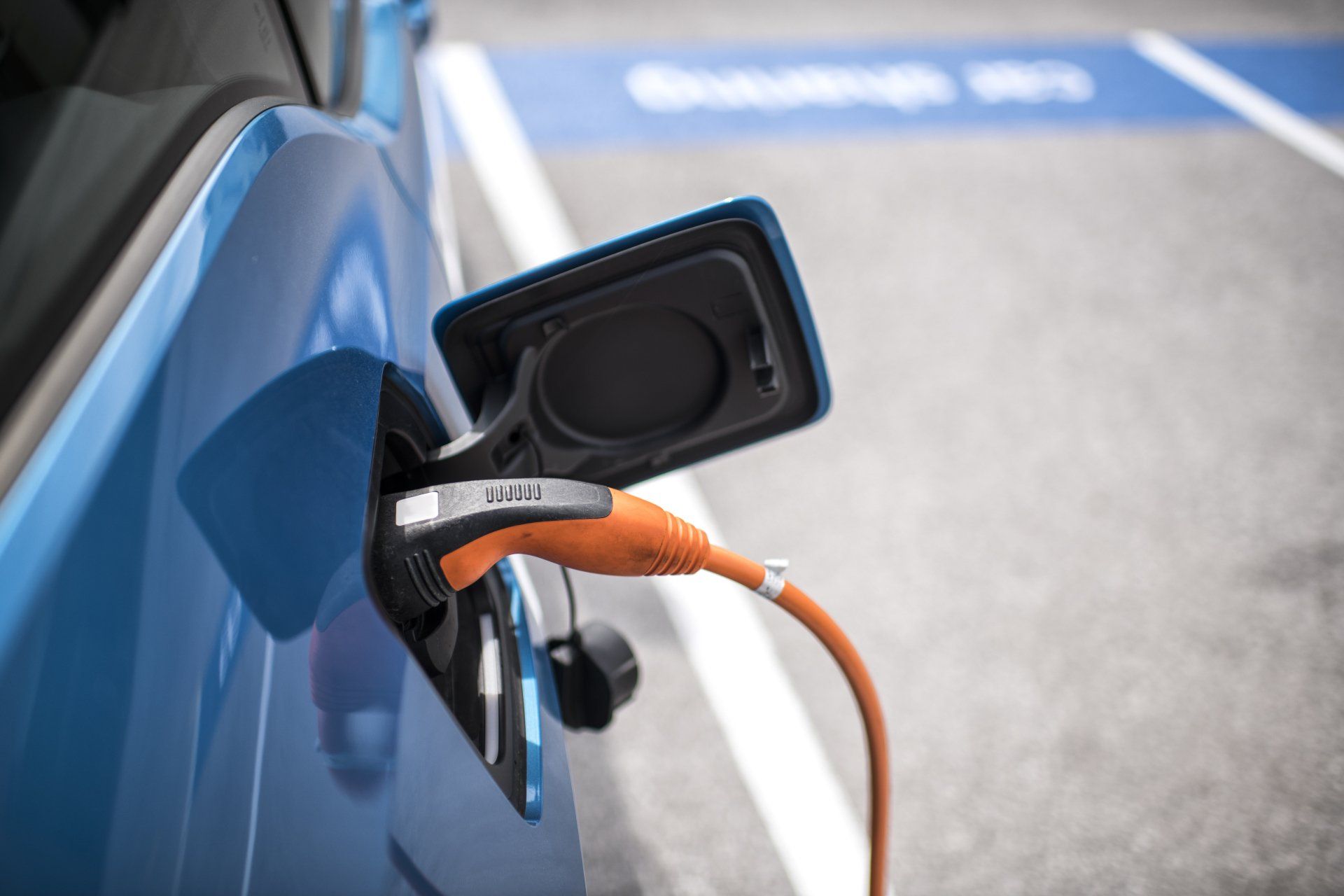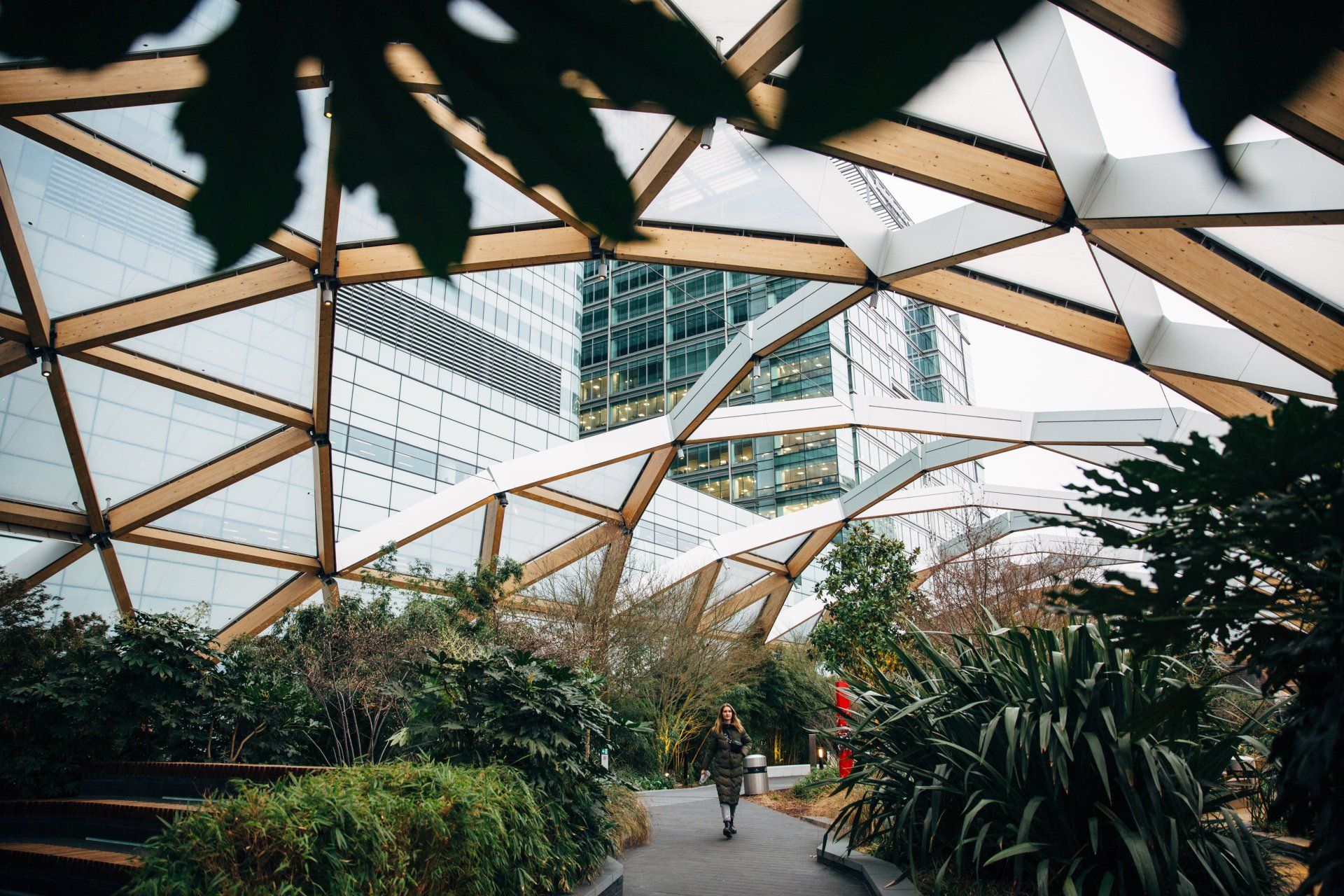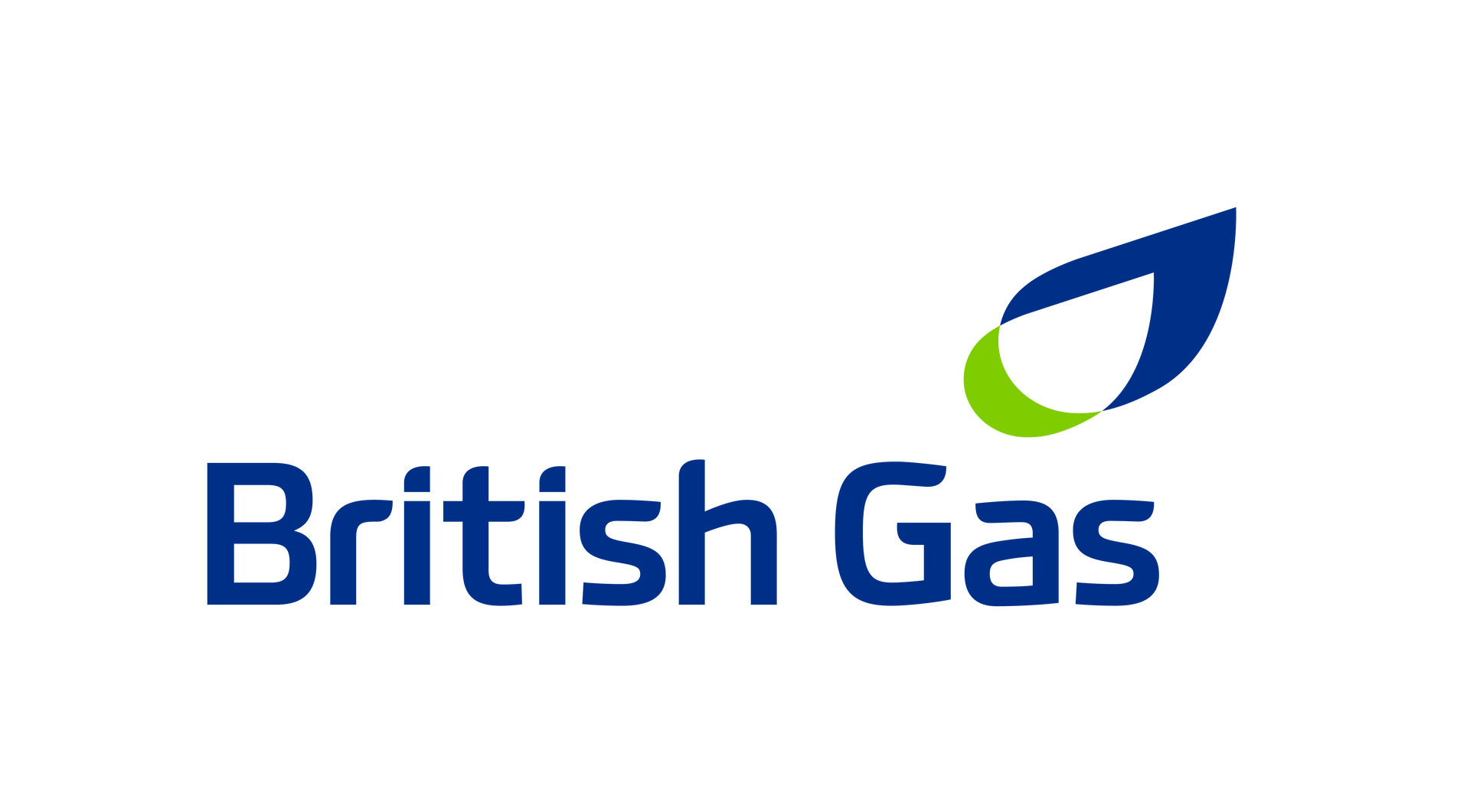Follow us
European businesses must double their efforts to reach net zero
Hearing that Europe’s biggest companies have spent billions investing in low carbon emissions paints a pretty impressive picture. One of significantly lower carbon emissions and being well on the way to meeting those ambitious EU net zero targets. Unfortunately the picture painted by a new report is slightly different…
Spending must double
It appears that despite their efforts, European businesses must double low carbon spending to stay on track with the EU’s target of reaching net zero by 2050. At least that’s the suggestion coming from a new report published by non-profit CDP and global management consulting firm, Oliver Wyman.
In the report they say that European companies invested €124 billion (£104bn) in new low carbon technology last year. However, to put that into perspective, it’s only around 12% of their overall capital expenditure (CAPEX). So, exactly how much more investment is needed to stay on target? The report believes 25% per year should do it.

The story so far
A total of 882 stock-listed European companies featured in the report and spending was fairly evenly split between new low carbon capital investments (€59 billion / £49.5bn) and new research and development (€65 billion / £54.5bn).
However, focus is largely on electric vehicle technologies, renewable energy, grid infrastructure and demand-side response programs for intelligent energy use. The bulk of investment is also heavily concentrated in just a few key sectors – namely transport, energy and materials companies. They account for a whopping 90% of all the investment made.
Unexplored Avenues
While that leaves a lot of work still left to do, on the flip side it suggests there are likely to be lots of avenues not yet explored. A sentiment that seems to be shared in the report, which stresses that more investment is needed in other areas.
One such example is breakthrough technologies such as carbon capture and storage, which could help businesses step up their drive to become carbon neutral by capturing and storing carbon dioxide (CO2) before it’s released into the atmosphere.
British Gas Solutions
No matter how big or small your business, there are lots of ways you can start reducing carbon dioxide (CO2) emissions. Through our sister company, we can provide a customised solution for your business.
> Find out more
Contact our energy experts to find out more.

Wholesale energy prices have experienced unprecedented levels of volatility since the end of summer 2021, with both day ahead/spot and future contracts surging to all-time highs. In the last couple of months, prices have decreased but still remain high compared to a year ago. This period of high energy prices is expected to continue for the foreseeable future (see next section). Energy prices have surged for a number of reasons: A global increase in gas demand following the ease or end of Covid-related restrictions throughout 2021. After the pandemic, economies across the world started to recover. Asian countries like China saw their imports of Liquified Natural Gas (LNG) increase. This resulted in lower LNG shipments to the UK and Europe. On the supply side, the Covid-19 lockdowns pushed some maintenance work from 2020 into 2021 at a time when demand was recovering. In 2021, gas production hit a record low of 363TWh, 47TWh below the previous record low in 2013. Low production was the result of an extensive summer maintenance schedule which saw shutdowns at several major terminals, as well as the Forties Pipeline System which serves a significant proportion of UK gas and oil production. A lack of wind in the summer resulted in higher demand for conventional power. European gas storage in 2021 and Q1’22 remained far below previous years and it’s unclear how these are going to be replenished in the summer given the concerns around supply including the potential suspension of Russian gas flows due to sanctions. The 1,234km offshore Nord Stream 2 gas pipeline, which was designed to double the flow of gas between Russia and Germany (and by extension the rest of Europe) has been abandoned following the invasion of Ukraine. Gas storage in the UK is extremely minimal with capacity at less than 2% of the UK’s annual demand, compared with 22% for other European countries. Whilst the UK is not heavily reliant on gas coming from Russia, it sources almost half it’s gas supply from Europe. Hence, wholesale gas and power prices in the UK are now subject to knock-on-effects from the conflict in Ukraine.

Amidst rising energy costs, digitalisation, growing pressure from stakeholders and increasing regulation, organisations may struggle to define their pathway to a low-carbon future. What can you do to protect your business’ net zero plans from the challenges of volatility? Disruption and volatility are putting organisations under pressure. Digitalisation and new technology developments continue to challenge existing business models. Its increasing dependence on energy and encouraging businesses to drive change to secure competitive advantage. And as customers, employees and shareholders look to engage with companies who understand the importance of decarbonisation, pressure is mounting to prioritise sustainability.


